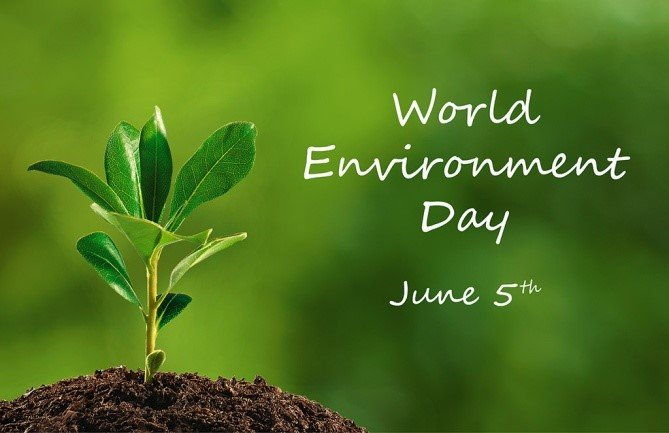
World Environment Day 2025
5 June All day

World Environment Day on 5 June is the biggest international day for the environment. Led by the United Nations Environment Programme (UNEP) and held annually since 1974, the event has grown to be the largest global platform for environmental outreach, with millions of people from across the world engaging to protect the planet.
THE COMMUNITY
World Environment Day is a global platform for inspiring positive change. With over 150 countries participating, this UN international day engages governments, businesses, civil society, schools, celebrities, cities and communities, raising awareness and celebrating environmental action.
Individuals can be drivers of change through their support for businesses and governments. The actions of these larger entities can have a transformational impact, potentially locking in sustainable consumption and production behaviours for the decades to come.
THE HOST
Republic of Korea – host to World Environment Day 2025 – with a focus on ending plastic pollution
“World Environment Day in 2025 will be a watershed moment for the conservation of the global environment as we expect to have concluded the global plastic agreement. As the host country of the 2025 World Environment Day, the Republic of Korea will lead international efforts to prevent plastic pollution,” said Republic of Korea Environment Minister Han Wha-jin.
Ridding the planet of plastic pollution is an important contribution to achieving the Sustainable Development Goals, including those on climate action, sustainable production and consumption, protection of seas and oceans and repairing ecosystems and retaining biodiversity.
“Strong partners and strong partnerships are the backbone of environmental multilateralism, and UNEP is grateful to the Republic of Korea for taking up the mantle of hosting World Environment Day 2025 in the pursuit of an end to plastic pollution,” said Inger Andersen, Executive Director of UNEP.
STAY CONNECTED
World Environment Day 2025, like previous years, will be celebrated by millions of people across the world, both online and through in-person events. Sign up here to stay informed and be part of the Only One Earth campaign.
How to Observe World Environment Day
- Make a commitment to recycle
It might seem like a basic tip, but are you really taking every possible opportunity to recycle? Next time you’re thinking about throwing that piece of paper in the trash because a recycling bin isn’t accessible, think twice. Holding a plastic container and too lazy to see if it’s one of the biodegradable kinds? Open up your smartphone and look it up! Everyone’s responsible for reducing greenhouse gas emissions — including you.
- Plant a tree
Trees absorb odors and pollutant gases (nitrogen oxides, ammonia, sulfur dioxide, and ozone) and filter particulates out of the air by trapping them on their leaves and bark. Placed strategically around a single-family home, they can cut summer air conditioning needs by up to 50 percent. By reducing the energy demand for cooling our houses, we reduce carbon dioxide and other pollution emissions from power plants.
- Volunteer
Anyone can volunteer, and volunteering can make a difference to the whole community. Get out of your comfort zone by volunteering for the National Park Service, or stay local by volunteering at your farmers’ market. Any way you choose to participate, you’ll feel the positive impact of getting out of the house and caring for the planet.
Event Navigation

Australian Association for Environmental Education South Australia Chapter acknowledges the Traditional Owners of the land, the Kaurna people of the Adelaide Plains, and pay our respects to Elders past, present and future. We thank them for their care of country for many thousands of years. Niina Marni.
